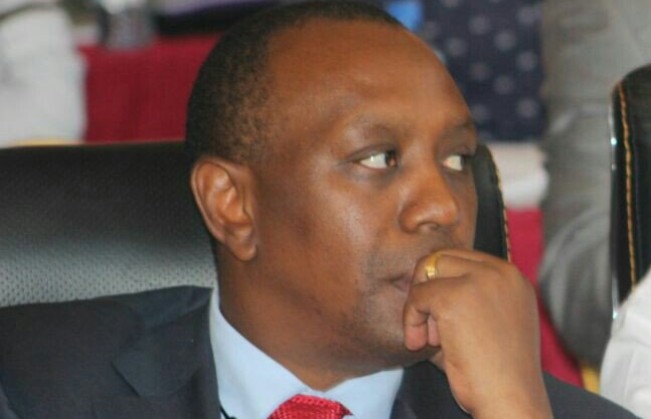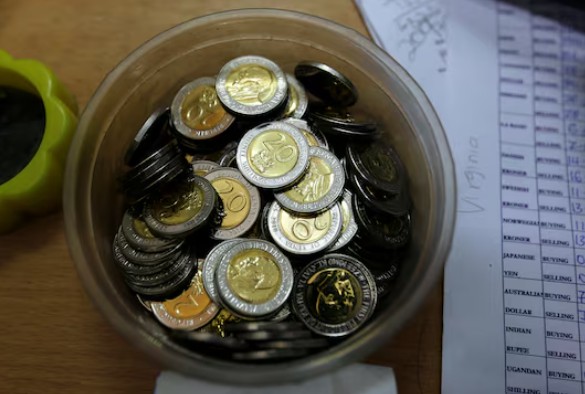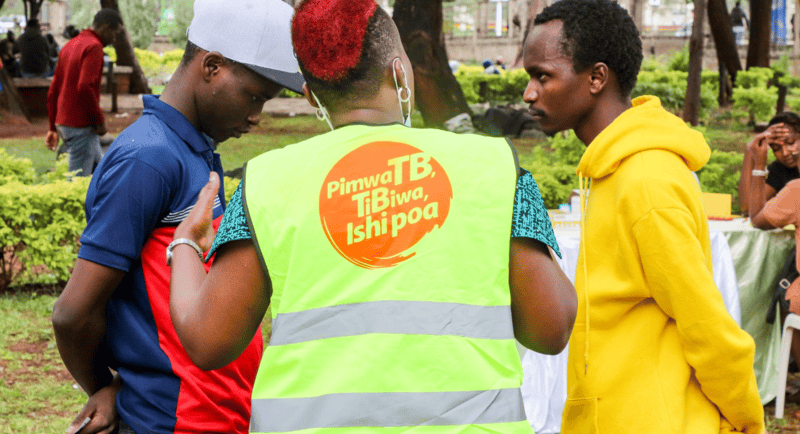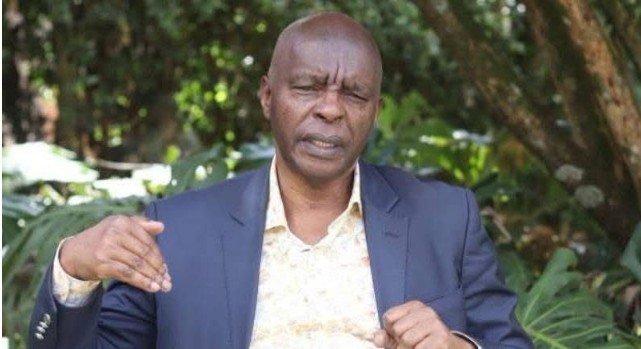Proposed tax cut on imported building materials to help revive struggling sector
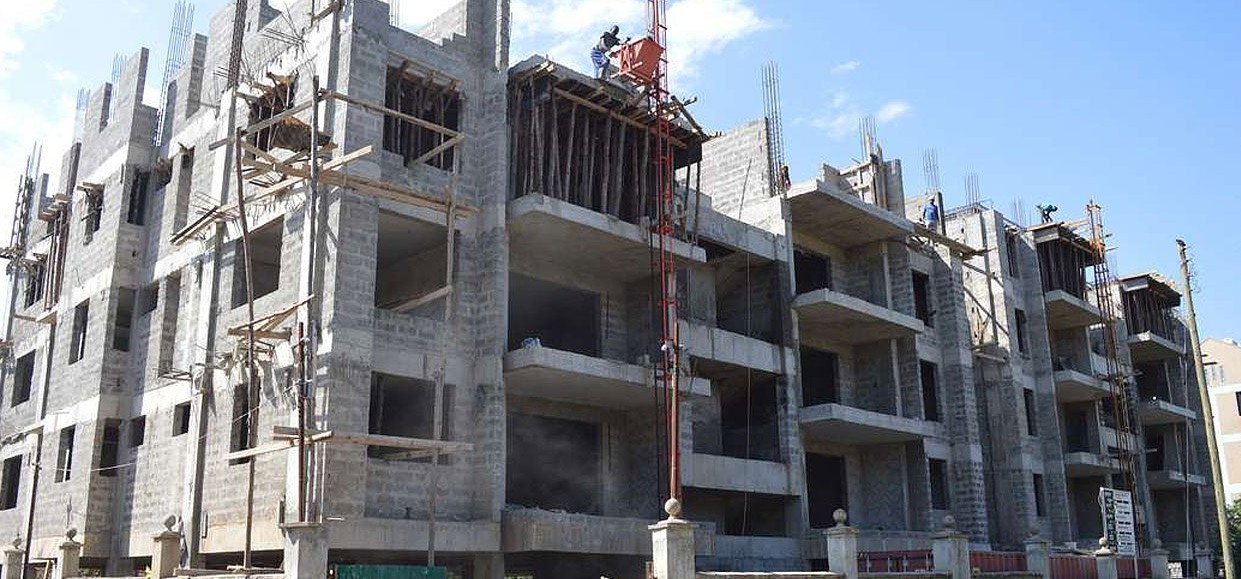
If approved, the revised levy rate is expected to ease pressure on developers, lower overall construction costs, and stimulate investment in both private and public infrastructure projects.
In a welcome move for Kenya’s struggling construction sector, a fresh proposal in the Finance Bill, 2025, seeks to significantly reduce taxes imposed on imported building materials.
The proposal seeks to specifically reduce the Export and Investment Promotion Levy from the current 17.5 per cent to 5.0 per cent for several construction-related products.
More To Read
These include semi-finished products of iron or non-alloy steel, bars and rods of iron or non-alloy steel.
Notably, the Export and Investment Promotion Levy (EIPL) was introduced in the Finance Act of 2023.
It was intended to support local manufacturing, boost exports, create jobs, save foreign exchange and promote investment.
However, the fee has arguably contributed to rising input costs and slowed growth across the industry, as the country remains a net importer.
This proposed policy shift signals the government’s intention to reinvigorate the construction industry, which has faced persistent headwinds over recent quarters, reportedly due to high material costs, reduced investment and declining project starts.
In response, stakeholders in the country have repeatedly called for relief measures.
Bleak performance
Analysis of data from the Kenya National Bureau of Statistics (KNBS) shows the construction sector contracted for two consecutive quarters last year, a bleak performance that was last seen 22 years ago.
Shrinking of the construction and mining sectors, as well as high interest rates, contributed to the slowest economic growth in four years despite the favourable exchange rate and low inflation.
KNBS reports that the construction sector maintained its downward trend in the third quarter (July to September), contracting by 2.9 per cent, following a 2.0 per cent decline in the second quarter.
A comparable slump in the sector was last seen in the second and third quarters of 2002.
According to KNBS, the contraction during the period reflected the significant budget cuts on mega infrastructure projects, particularly roads, by the Kenya Kwanza government, as well as the high cost of building materials such as cement and bitumen.
The shrinking of the construction sector and that of mining dragged the growth of the overall economy in the review period.
The economy grew by 4.0 per cent in the third quarter, the worst since the pandemic.
If approved, the revised levy rate is expected to ease pressure on developers, lower overall construction costs, and stimulate investment in both private and public infrastructure projects.
The Finance Bill, 2025 is currently under parliamentary review.
Top Stories Today





